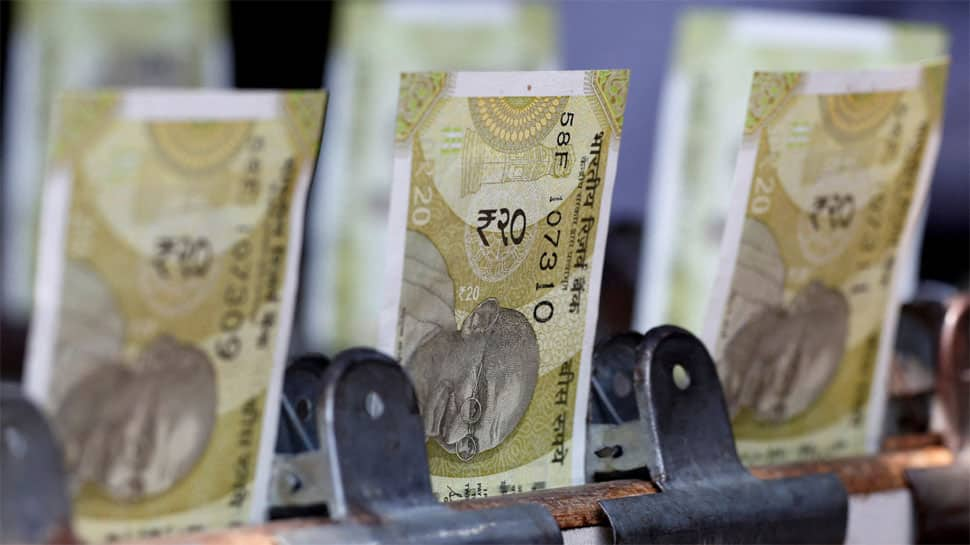Karnataka Urges Fair Tax Distribution: CM Siddaramaiah Appeals to Finance Commission

Karnataka Seeks Balanced Tax Devolution in Meeting with Finance Commission
In a crucial meeting held on Friday, Karnataka Chief Minister Siddaramaiah engaged with Dr. Arvind Panagariya, Chairman of the 16th Finance Commission, and its members. The discussion centered around Karnataka's plea for a more equitable and balanced approach to tax devolution, a critical factor impacting the state's financial health and development initiatives.
Karnataka's argument hinges on its unique circumstances and significant contributions to the national economy. The state has consistently demonstrated robust economic growth, attracting substantial investment and generating considerable revenue. However, the existing tax devolution formula, as perceived by Karnataka, doesn't adequately reflect these contributions, placing a strain on the state's resources and hindering its ability to fully realize its development potential.
Why Tax Devolution Matters
Tax devolution is the process by which the central government shares a portion of its tax revenues with states. This mechanism is vital for ensuring fiscal federalism and enabling states to fund essential public services like healthcare, education, infrastructure, and social welfare programs. A fair and balanced tax devolution formula is, therefore, paramount for fostering inclusive growth and reducing regional disparities.
Karnataka's Key Concerns
During the meeting, Chief Minister Siddaramaiah underscored several key concerns. He highlighted the need for the Finance Commission to consider factors beyond simply population size and historical revenue performance. Karnataka's rapid urbanization, infrastructure development, and industrial growth necessitate a more nuanced approach that acknowledges the state's evolving needs and financial responsibilities.
Furthermore, Siddaramaiah emphasized the importance of recognizing the fiscal burden faced by states due to centrally sponsored schemes (CSS). While these schemes are intended to support state-level initiatives, their implementation often requires significant state funding, reducing the resources available for other priorities. He urged the Commission to consider compensating states for these additional costs.
The 16th Finance Commission's Role
The 16th Finance Commission is tasked with recommending principles for the distribution of tax revenues between the Union and the States for a period of five years, commencing on April 1, 2026. Its recommendations will have a profound impact on the fiscal landscape of India, shaping the financial capacity of states and influencing their ability to deliver essential services to their citizens.
Dr. Panagariya and the Commission members assured Chief Minister Siddaramaiah that they would carefully consider Karnataka's concerns and perspectives as they formulate their recommendations. They emphasized their commitment to ensuring a fair, transparent, and equitable tax devolution framework that promotes balanced development across all states.
Looking Ahead
The outcome of the 16th Finance Commission's deliberations will be closely watched by states across India. Karnataka's plea for a more equitable tax distribution approach reflects a broader concern among many states seeking a greater share of the national pie. The Commission's final recommendations will play a crucial role in shaping the future of fiscal federalism in India and determining the financial health of its states for years to come.





